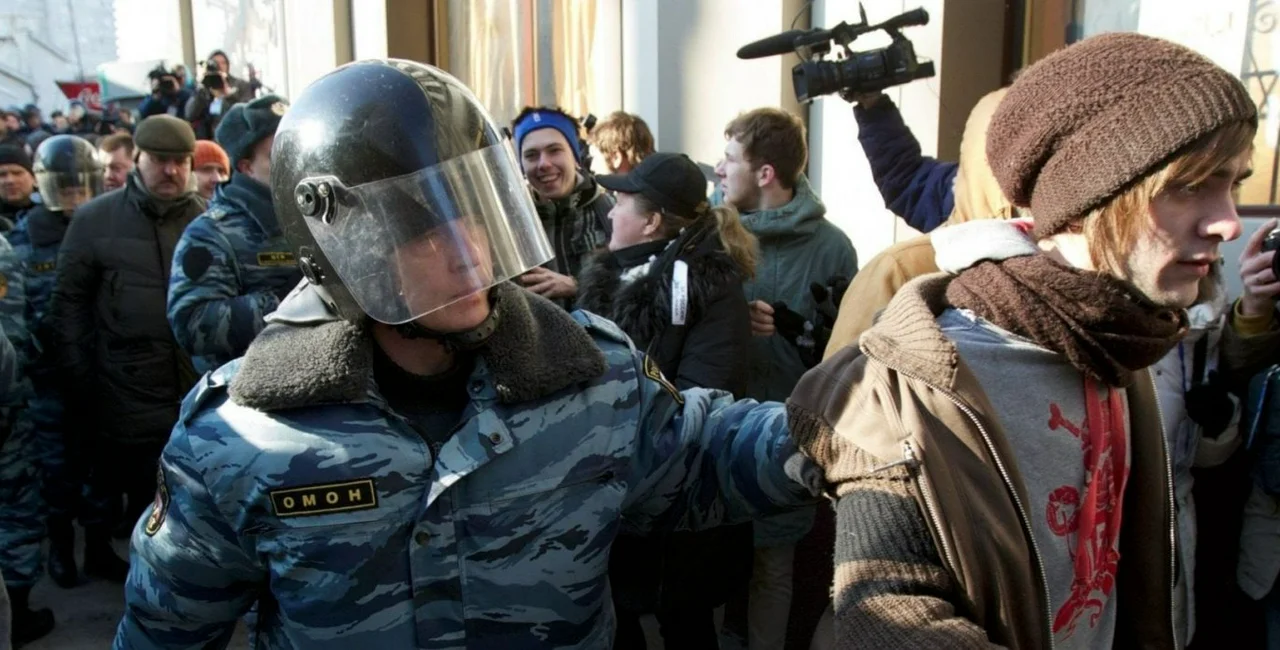Prague/Moscow, Nov 12 (CTK) – Today’s announcement that Russia labelled Czech People in Need humanitarian organisation undesirable is not surprising, the NGO said, adding that it is halting its Russian activities but definitely will not stop working in Russia.
The Russian Justice Ministry writes on its website today that it listed People in Need among organisations that are undesirable in Russia. This actually means that it issued a ban on the NGO’s operation.
The Justice Ministry writes on its website that People in Need was listed based on the Russian law on measures against persons involved in violation of fundamental human rights and freedoms, the rights and freedoms of Russian citizens. On November 7, Russian deputy prosecutor general decided to take this step.
Czech Foreign Minister Tomas Petricek told CTK the reasons for placing People in Need on the Russian list of undesirable organisations seem absurd to him. “The ban on human rights organisations shows the situation of human rights in the country,” he said about Russia during his working visit to Ethiopia.
After Petricek returns from Africa he will summon the Russian ambassador and demand explanation, he said.
Petricek said People in Need was a respected organisation supporting human rights and democracy in the world.
People in Need spokeswoman Adriana Cerna said in reaction that the NGO has been supporting civic society in Russia for a long time. “We support activists, bloggers, intellectuals with critical thinking skills, groups of people against corruption, against environment destruction, fighting for the rights of minorities, calling for higher transparency of the Russian state, wanting Russia to observe international commitments (…) such as defence and observance of human rights, the right to gather and associate, we support groups that are against censorship and others,” she said.
“This of course irritates the Russian regime because it does not want to operate in a transparent and democratic way, it does not want to be under public control. [President] Vladimir Putin applies a tough style of rule in Russia, which many people do not want to accept and want life to become good in Russia, and we support them in this,” Cerna said in a written statement.
People in Need says it mainly deals with human rights issues in Russia. “Russia is a country with an unclear political system, which is definitely very repressive. The country’s freedom rating is as low as Azerbaijan’s,” the NGO stated in its annual report for 2018. This report says the NGO assisted human right advocates in connection with the case of Memorial human rights organisation’s condemned branch director Oyub Titiev. People in Need is active also in relation to the Ukrainian peninsula Crimea that Russia annexed in 2014.
On its website, People in Need writes about the campaign of Russian authorities against nongovernmental organisations and about the alarming situation of political prisoners in the country. It also points out that human rights are often violated also in connection with the Russian annexation of Crimea and the ongoing conflict in East Ukraine.
People in Need had problems to operate in Russia already once before when the Russian authorities cancelled its accreditation to work in the country in the summer of 2005 without giving any particular reason for it and after exerting long-term pressure on the NGO. Chechen and Russian authorities accused it of having financially supported anti-Russian terrorists. People in Need could return to Russia after more than two years, in 2007.
The list of organisations undesirable in Russia was created after the annexation of Crimea and after sanctions were imposed on Russia. With People in Need, 19 foreign or international organisations are on the list, including the Open Society Foundations founded by George Soros, the U.S. National Endowment for Democracy and the Ukrainian World Congress.
The listed organisations are not allowed to operate in Russia and Russian citizens may be sentenced to up to six years in prison for cooperating with them.












 Reading time: 3 minutes
Reading time: 3 minutes 
































